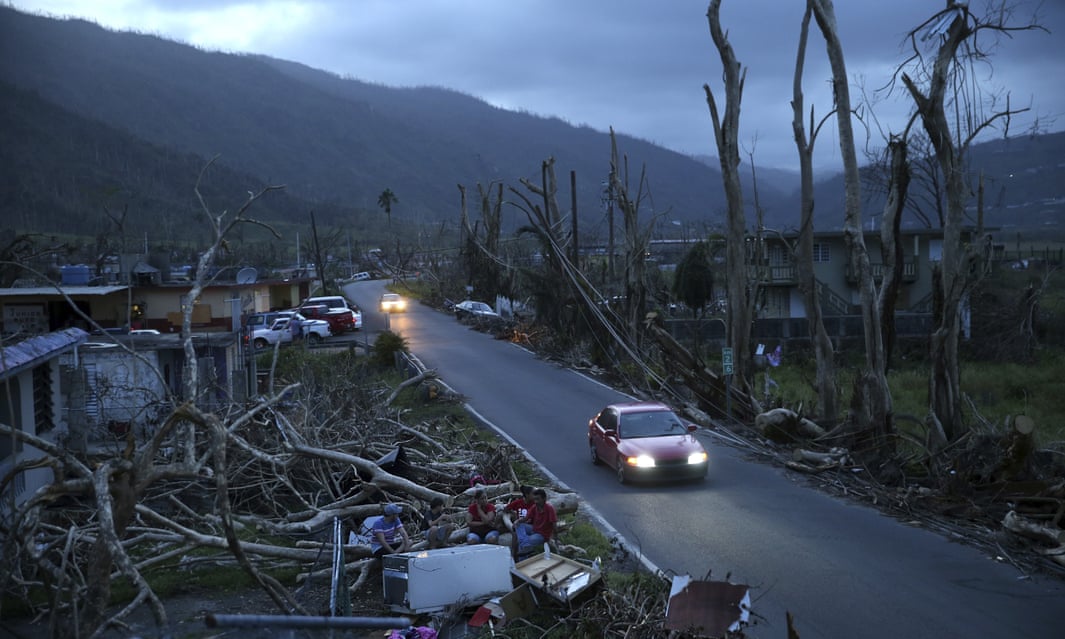By: Sara Adams
Impunity Watch News Reporter, Europe

BARCELONA, Spain – Despite the Spanish government deeming the vote “illegal”, citizens in the Catalonia region of Spain on October 1st held an independence referendum.
Catalonia has sought independence from Spain for several years. Barcelona, one of Spain’s biggest cities, is nestled in the region.
Catalonia has its own language, and many of its residents have never felt “Spanish”. This was part of the driving force behind the October 1st vote.
Polls suggest that 7.8 million people in Spain support Catalan independence.
Despite this, the government in Madrid has fought against allowing Catalan to sever from Spain.
The federal government has seized voting materials, imposed fines on officials for supporting the election, and sent several groups of law enforcement to prevent the vote from happening.
Protests quickly erupted in the streets of Barcelona on Sunday, October 1st, which quickly led into violent clashes between law enforcement and citizens.
The police, in riot gear, stormed into an elementary school polling station, while election activists grabbed the ballot boxes, hiding them in various places around the school.
Once the police left, voting recommenced.
However, that was not the end of the chaos.
More than 300 people were reportedly injured in clashes with law enforcement.
Some of the injuries suffered came from rubber bullets from police, who shot at crowds lined up to vote outside polling centers.
Police also faced protestors, dragging them and whipping them with batons.
The scene in Catalonia is being called a “mass act of civil disobedience”. While Spain is a democratic country, its history with authoritarian governments is still fresh in the minds of some citizens.
“The government today is in a position to affirm that we can celebrate the referendum of self-determination-not as we wanted, but [as democracy] guarantees,” Jordi Turull, spokesman for the Catalan government, stated at a news conference.
Under dictator Francisco Franco in the early 1900s, Catalonia was heavily repressed. Citizens were barred from speaking Catalan disallowed to give children traditional Catalan names.
Democracy would not be completely established in Spain until the 1970s. The push for Catalonian independence would not come to its full extent until the financial crisis of 2007 and 2008.
Catalonia was given autonomy, but not independence or sovereignty, by the central government in Spain five years ago.
But on election day, Spain rescinded that autonomy and took control of Catalonian’s finances.
Even with popular opinion indicating a majority of support for independence, it is unclear what will happen next.
“Spain let us vote in 2014,” one of the organizers of the October 1st vote said to ABC News. He was referring to the vote in 2014, where most people who voted said “yes” on a ballot to sever from Spain.
That vote did not go anywhere.
“This time they refuse [to let us vote] because they know it’s happening,” he added. “I hope it’s the last battle.”
For more information, please see:
BBC News – Catalan referendum: ‘Hundreds hurt’ as police try to stop voters – 1 October 2017
The New York Times – Catalans, Elated but Fearful, Brace for Independence Vote – 29 September 2017
ABC News – What you need to know about the Catalan independence referendum – 26 September 2017
BBC News – Catalonia referendum: Madrid moves to take over local policing – 23 September 2017


:format(webp)/cdn.vox-cdn.com/uploads/chorus_image/image/56960345/856501980.0.jpg)
